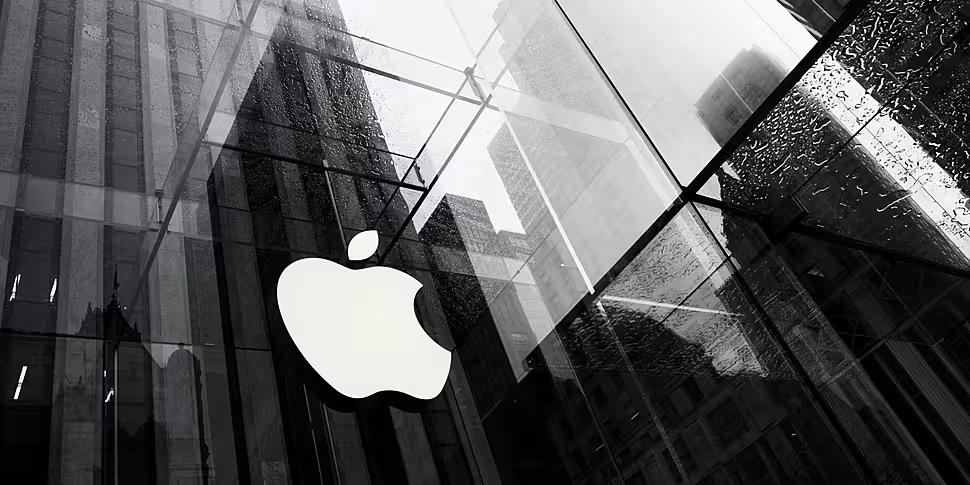Europe’s highest court has ruled against Apple in its battle to avoid paying Ireland over €13 billion in back-taxes.
The European Court of Justice (ECJ) this morning sided with the European Commission in its bid to make Apple pay the money – meaning Ireland could now be required to accept the funds which have been sitting in an escrow account for eight years.
EU Competition Commissioner Margrethe Vestager originally ordered Apple to pay Ireland €13.1bn in 2016 – finding that the Republic had given companies owned by the US tech giant illegal tax aid.
That aid related to the tax treatment of profits generated by Apple’s activities outside the United States - in particular, two tax ‘rulings’ by Ireland’s Revenue service in 1991 and 2007 that, it said, offered Apple an unfair advantage over other corporate taxpayers.
Both Ireland and Apple have been fighting against the order ever since – and today’s ruling marks a landmark moment in the dispute.
"Sweetheart deals"
Newstalk Business Editor Joe Lynam said the ruling is a blow to the Irish Government.
“The Irish Government did not want to send a signal to big multinationals that it makes sweetheart deals for individual companies – they want a blanket 12.5% across the board,” he said.
“It also did not want to say it was somehow not welcoming to foreign direct investment because that is, at the moment, the goose that is laying the golden egg.”
In 2020 Ireland and Apple won a legal ruling against the Commission’s decision, with the EU General Court ruling that the Commission had fallen short of proving that Apple had received illegal State aid.
That ruling has now been set aside by the ECJ
Final judgement
Today’s ruling will come as a surprise to many – with Government officials expecting the court to send the case back to the General Court for a second hearing.
At best, they hoped the court would go against the Advocate General opinion issued in November 2023 and find in favour of Apple and Ireland
Instead ECJ this morning issued its ‘final judgement’ on the case, confirming the European Commission’s 2016 decision that “Ireland granted Apple unlawful aid which Ireland is required to recover”.
The decision brings some closure to the case but is potentially damaging to Ireland’s international reputation.
"Disappointed"
In a statement, Apple said it was disappointed with the decision and accused the European Commission of “trying to retroactively change the rules”.
"This case has never been about how much tax we pay, but which government we are required to pay it to,” it said.
“We always pay all the taxes we owe wherever we operate and there has never been a special deal.
"Apple is proud to be an engine of growth and innovation across Europe and around the world, and to consistently be one of the largest taxpayers in the world.
“The European Commission is trying to retroactively change the rules and ignore that, as required by international tax law, our income was already subject to taxes in the US.
“We are disappointed with today’s decision as previously the General Court reviewed the facts and categorically annulled this case.”
Apple has insisted that it already paid $20 billion in tax to the US on the same profits the Commission is arguing should have been taxed in Ireland – something Ireland and the US agree on.
It has noted that it paid $577 million in tax to Ireland over the period in question, which it is insisting amounts to 12.5% of the profit it generated here over that time.









